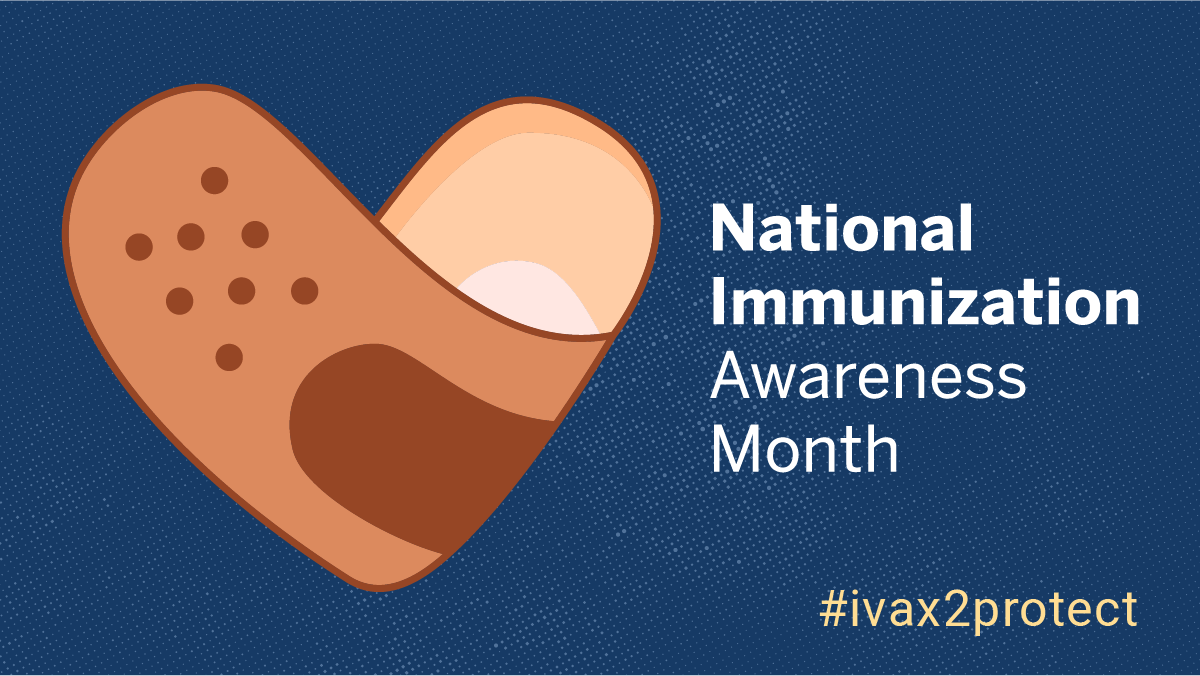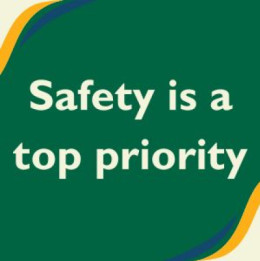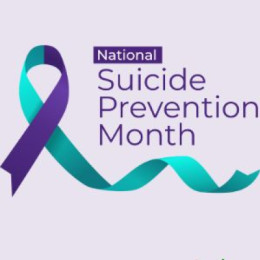Posted On: August 10, 2020 by Community HealthCare System in: Community health news
As COVID-19 has spread, the world has seen what happens when a disease has no vaccine. Researchers and drug developers are working hard to make sure that changes soon, but in the meantime, we should not forget that many other diseases are preventable through vaccines. August is National Immunization Awareness Month, so it’s a perfect time to make sure your family’s immunizations are up-to-date.
Immunizations are important because they reduce diseases that result in illness and deaths that can be prevented. According to Michele Reisinger, widespread immunizations have saved many lives and injuries and have even eliminated some diseases such as polio. Reisinger is a board-certified family nurse practitioner at Community HealthCare System, or CHCS, as well as a member of the graduate-level nursing faculty at Washburn University School of Nursing.
Reisinger said fears about vaccine safety plus the uncertainty caused by COVID-19 may make some parents reluctant to schedule visits for immunizations. But parents should feel free to ask their healthcare providers about vaccine safety, and they should note that healthcare facilities have safeguards in place. “Many clinics allow for identified times for well child visits and alternative entrances to reduce COVID risk and allow for social distancing for families,” Reisinger said.
As for the safety of vaccines themselves, Dr. Tom Walsh from CHCS said approved vaccines have been rigorously tested and found to be both safe and effective.
“Serious side effects from vaccines are very rare. I am always happy to speak with patients, parents, or caregivers about vaccine safety and answer questions, but the most important thing to know is that vaccines are truly necessary,” Walsh said.
Walsh noted that diseases like measles, which is particularly dangerous to children and pregnant women, could easily become common again if children are not vaccinated. “Measles outbreaks in 2019 showed how quickly the disease could spread. More than 1,200 cases were confirmed in 31 states, and the majority of the cases were in unvaccinated people,” Walsh said.
Keeping track of immunizations may not be at the top of your list on a daily basis, but your healthcare provider can verify records. Kansas participates in a statewide immunization information system that helps providers identify needs quickly. “A print-out of vaccines is available at all CHCS clinics and public health departments upon request,” Reisinger said.
CHCS patients who use the Patient Portal can also track their own and their family members’ immunizations in the portal. Access to the Patient Portal is also now available through the Apple Health app. Patients who are interested should contact their clinic’s registration staff to learn how to sign up.
Immunizations aren’t just for children: Adults need them, too. Adults need a tetanus and diphtheria booster every 10 years, for example, and they may need a Tdap vaccine to protect against pertussis, or whopping cough. The Centers for Disease Control and Prevention, or CDC, also encourages all individuals over the age of 6 months to receive a seasonal influenza vaccine. Reisinger said the flu vaccine is especially important this year, because it will help individuals and healthcare facilities reduce risks of widespread illness.
“CDC estimates in the 2018-2019 influenza season, there were 35.5 million symptomatic illnesses, 16.5 million medical visits, and 490,000 hospitalizations. As we look at the past 6 months since experiencing COVID, now more than ever, potential awareness of personal or financial strains on healthcare resources are evident,” Reisinger said.
Vaccines are a crucial tool to keeping people healthy during the pandemic. According to the CDC, individuals should talk to healthcare providers about immunizations and other preventive care.
“CHCS supports this recommendation because it is essential to improving the health and safety of all the patients we serve in our rural communities,” Reisinger said.
Find a full list of vaccine recommendations on the CDC website.
- Children: https://www.cdc.gov/vaccines/parents/index.html
- Adults: https://www.cdc.gov/vaccines/adults/rec-vac/index.html












0 comments